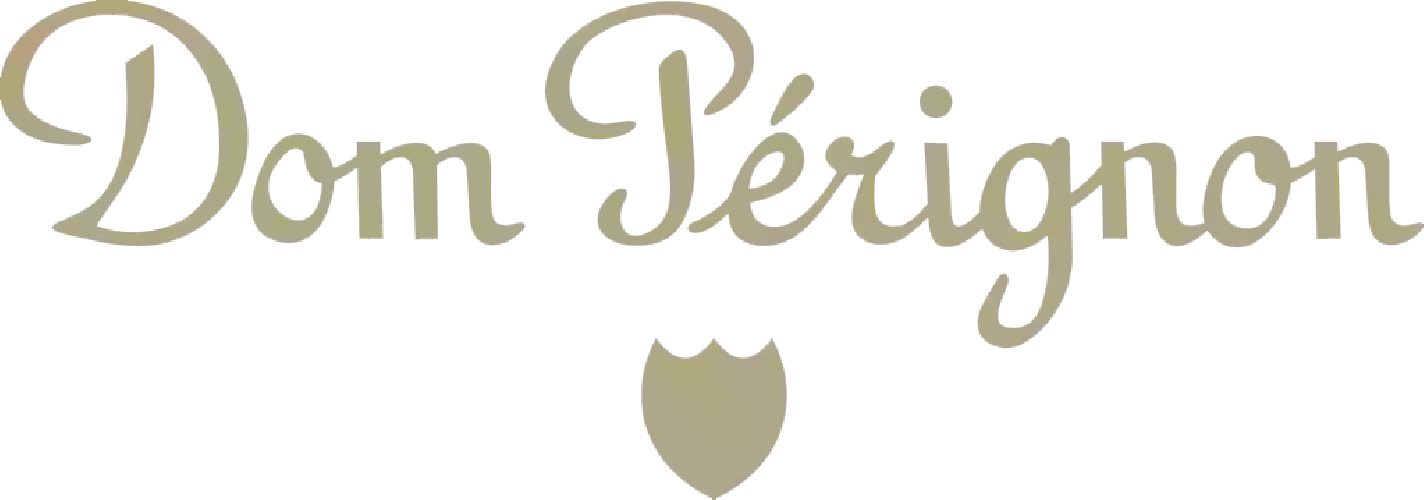The Château de Rayne Vigneau of Sauternes of Bordeaux

The Château de Rayne Vigneau is one of the world's great estates. It offers 13 wines for sale in of Sauternes to come and discover on site or to buy online.
Looking for the best Château de Rayne Vigneau wines in Sauternes among all the wines in the region? Check out our tops of the best red, white or effervescent Château de Rayne Vigneau wines. Also find some food and wine pairings that may be suitable with the wines from this area. Learn more about the region and the Château de Rayne Vigneau wines with technical and enological descriptions.
How Château de Rayne Vigneau wines pair with each other generally quite well with dishes of fruity desserts or blue cheese such as recipes of grandma's cherry clafoutis or ham and roquefort clafoutis.
On the nose the sweet wine of Château de Rayne Vigneau. often reveals types of flavors of tropical, peach or apricot and sometimes also flavors of honeysuckle, almonds or orange. In the mouth the sweet wine of Château de Rayne Vigneau. is a powerful with a good balance between acidity and sweetness.
Sauternes, 65 km South of Bordeaux, is a Village renowned for its high quality Sweet wines. Although some wineries produce Dry wines, they sell them under other appellations than Sauternes, which is specific to sweet wines. The village is surrounded on all sides by vineyards, the best of which produce some of the most prestigious, long-lasting and expensive dessert wines in the world. A half bottle of premium, aged Sauternes from a good Vintage can sell for over $1,000.
Classic Sauternes has a DeepGoldenColor (darker than most other dessert wines), which turns a deep amber color with bottle age. Its aromas include flower and stone fruit, with a hint of honeysuckle - the hallmark of botrytized wines. The best wines balance sweetness with acidity, concentration with freshness and power with elegance. Sauternes wines are primarily made from the Sémillon grape, which accounts for about eight out of every ten vines in the local vineyard.
Sauvignon Blanc accounts for most of the remaining vineyard and is the dominant grape in a small handful of Sauternes wines. Semillon forms a broad, well-structured base with aromas of beeswax and apricot, while Sauvignon Blanc contributes its characteristic herbal aromas and enough acidity to keep the resulting wine fresh rather than mouthwatering. These two varieties (sometimes supplemented by a small amount of Muscadelle and Sauvignon Gris) have become the preferred varieties here, not only because they are also used to make dry white Bordeaux wines, but also because of their susceptibility to a particular type of fungus, Botrytis cinerea (often just botrytis). Apart from yeast, without which the grape juice cannot ferment into wine, one would not expect a fungus to play a key role in winemaking.
How Château de Rayne Vigneau wines pair with each other generally quite well with dishes of pork, vegetarian or poultry such as recipes of pigeon with bacon and mushrooms, quiche without pastry, courgette and blue cheese or coconut chicken curry in thermomix.
On the nose the white wine of Château de Rayne Vigneau. often reveals types of flavors of cream, grapefruit or tropical and sometimes also flavors of citrus, peach or minerality. In the mouth the white wine of Château de Rayne Vigneau. is a powerful.
Muscadelle white is a grape variety that originated in France (Bergerac). It produces a variety of grape specially used for wine making. It is rare to find this grape to eat on our tables. This variety of grape is characterized by bunches of medium size, and grapes of medium caliber. Muscadelle white can be found in several vineyards: South-West, Cognac, Bordeaux, Armagnac, Provence & Corsica, Rhone valley, Loire valley, Savoie & Bugey, Beaujolais, Languedoc & Roussillon.
Planning a wine route in the of Sauternes? Here are the wineries to visit and the winemakers to meet during your trip in search of wines similar to Château de Rayne Vigneau.
Cabernet Franc is one of the oldest red grape varieties in Bordeaux. The Libourne region is its terroir where it develops best. The terroirs of Saint-Emilion and Fronsac allow it to mature and develop its best range of aromas. It is also the majority in many blends. The very famous Château Cheval Blanc, for example, uses 60% Cabernet Franc. The wines produced with Cabernet Franc are medium in colour with fine tannins and subtle aromas of small red fruits and spices. When blended with Merlot and Cabernet Sauvignon, it brings complexity and a bouquet of aromas to the wine. It produces fruity wines that can be drunk quite quickly, but whose great vintages can be kept for a long time. It is an earlier grape variety than Cabernet Sauvignon, which means that it is planted as far north as the Loire Valley. In Anjou, it is also used to make sweet rosé wines. Cabernet Franc is now used in some twenty countries in Europe and throughout the world.